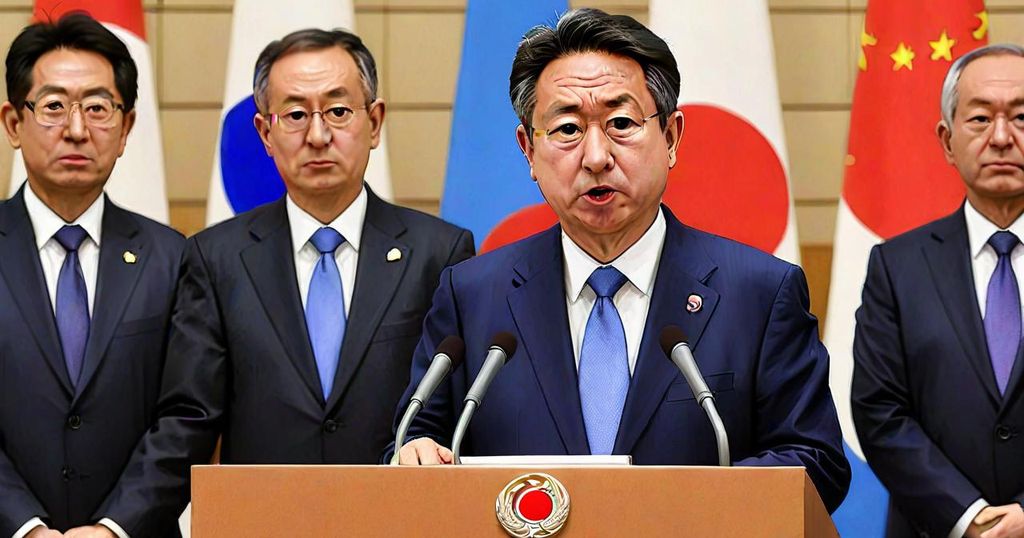Japan to Unveil Economic Support for Central Asia in Summit with Regional Leaders
Prime Minister Fumio Kishida is preparing to announce an economic assistance package aimed at enhancing the development of central Asia. The unveiling is scheduled to occur during a high-level meeting involving five regional leaders in Kazakhstan at the commencement of the following month. Government sources indicate that Tokyo seeks to strengthen ties with the region, which is heavily influenced by China and Russia, by offering aid to promote enduring economic expansion.
Kishida’s agenda encompasses visits to Uzbekistan, Kazakhstan, and Mongolia from August 9 to 12. The primary elements of the economic aid package center on the creation of a trade route, initiatives for decarbonization, and the facilitation of people-to-people exchanges. It is anticipated that these initiatives will be incorporated into a joint statement following the six-way summit in Kazakhstan.
As part of the aid plan, Japan will play a crucial role in establishing a trade route via the Caspian Sea to connect Central Asia and Europe, bypassing Russia. The development of a reliable export route is envisioned to confer economic independence upon the region. In support of decarbonization, Japanese technologies and financial assistance are expected to be utilized for endeavors such as aiding in the processing of natural gas. Additionally, Japan is prepared to welcome skilled labor from the region as part of the exchange program.
The five Central Asian countries – Uzbekistan, Kazakhstan, Kyrgyzstan, Tajikistan, and Turkmenistan – were formerly part of the Soviet Union and have maintained robust security ties with Russia. However, recent events, such as Russia’s invasion of Ukraine, have caused these nations to distance themselves from Moscow to some extent.
Central Asia holds significant geopolitical importance as it serves as a link between East Asia and Europe and is abundant in natural resources. In recent years, China has notably expanded its economic influence in the region. Meanwhile, the United States and the European Union are actively working to bolster their connections within Central Asia.
Kishida’s decisive action to introduce an economic assistance package for Central Asia underscores Japan’s dedication to fostering strong relationships and promoting sustainable economic advancement in the region, while also assuming a strategic role in the broader geopolitical landscape.








Post Comment